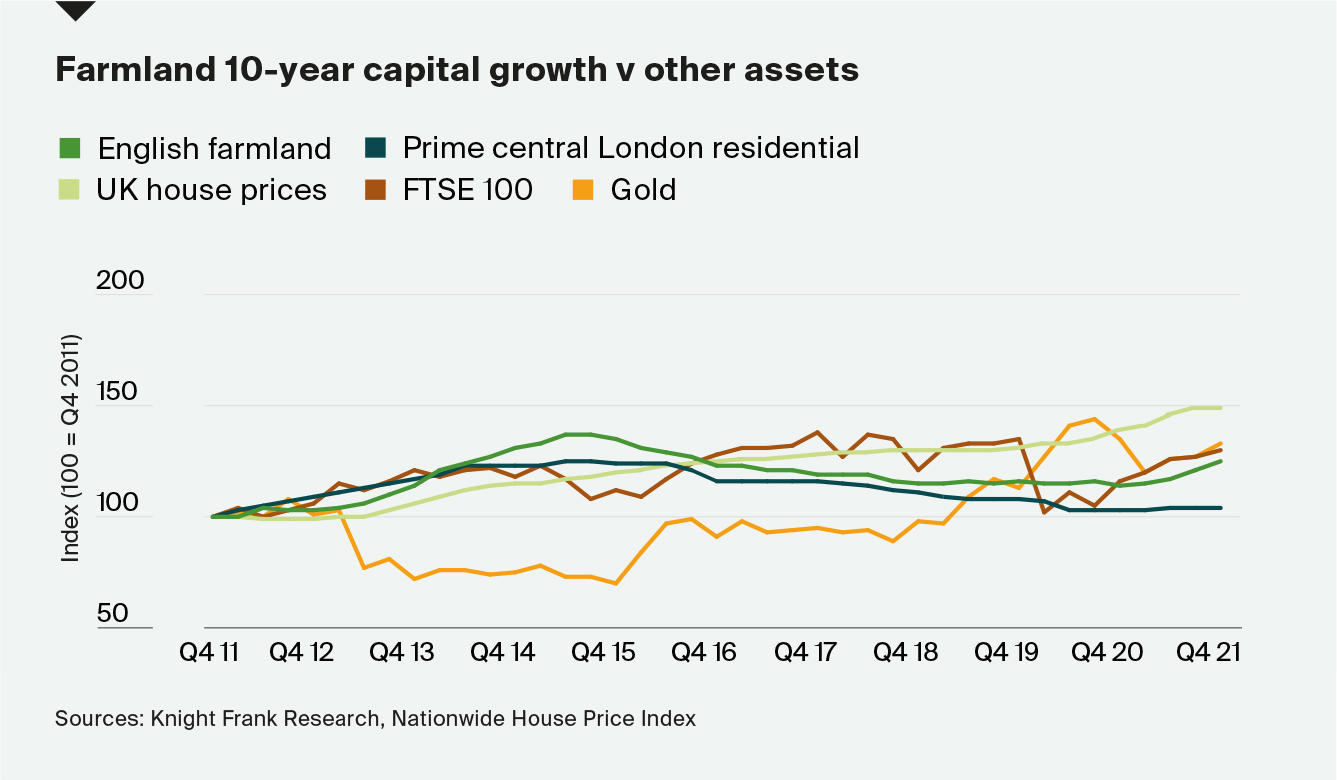The year of rewilding, Omicron hits business confidence and the housing market's empty shelves
Making sense of the latest trends in property and economics from around the globe.
4 minutes to read
Confidence dips
Omicron took its toll on business confidence during December. Businesses estimated their Q4 sales would be 7% lower than they otherwise would have been, according to responses to a Bank of England survey of 3,000 CFOs.
The survey is one of the Bank's key methods of monitoring business sentiment and will feed into the February decision on interest rates. Respondents estimated investment would fall by 11% as a result of Covid, down from -8% in November. Employment would be 5% lower, they said.
Government guidance to work from home where possible meant the percentage of workers on premises fell to 66%, down from 71% the previous month. The jobs market appears to have tightened further, too. Some 86% of firms reported they were finding it harder than normal to recruit new employees, with 63% reporting it to be much harder.
Rewilding
The Knight Frank Farmland Index climbed 4% during Q4 to £7,600/acre. That caps annual growth at 10%, making it the strongest year for bare land in England and Wales since 2014.
The market is suffering from an imbalance in supply and demand, but most interestingly price growth is being underpinned by a heightened focus on ESG. Buyers looking to farm regeneratively, plant trees to harvest carbon, or even rewild have been particularly strong players, according to Andrew Shirley.
This environmental focus has pushed up prices for land that would have been considered agriculturally less productive just a few years ago. Knight Frank recently sold 200 acres of mixed woodland near Bristol for well over £10,000/acre, for example.

The housing supply crunch
The shelves are bare in scores of housing markets after two truly remarkable years, but the numbers in Toronto deserve special attention.
More than 121,000 homes were sold in the city during 2021, up 28% on the previous year. That means there are now just 3,200 homes left for sale in a city of 6.5 million people, according to Toronto Regional Real Estate Board data covered by Bloomberg.
As in the cases of microchips and building materials, shortages will to some extent correct themselves progressively as the most acute phases of the pandemic pass. Rising interest rates will dampen demand to some extent as the year progresses, however construction in many markets is undershooting population growth so it's unclear exactly when the issue will pass.
In the meantime, prices will continue to rise. The proportion of global housing markets witnessing annual price growth in excess of 10% sat at 48% at the end of Q3, up from 13% at the start of the pandemic, according to our Global House Price Index.
The Fed
Officials at the Federal Reserve now agree they will need to raise interest rates during 2022, according to the minutes of the latest meeting. That marked a shift from the previous round of forecasts in September, which had revealed the Federal Open Market Committee (FOMC) was divided on the issue.
The minutes sparked a sell off in global stock markets and futures trading suggests investors expect the first hike in March. Yesterday, FOMC member James Bullard said March would be the time for the first rise and suggested any subsequent rises could be pulled forward or pushed back depending on the path of inflation, which is currently running at an annual rate of 6.8%, the highest since 1982.
US house prices climbed 18.4% during the year to October, easing back from the 19.1% growth logged in September. A Fed hike is likely to slow momentum further, though its impact will be limited. The National Association of Realtors expect mortgage rates to rise to an average of about 3.5% during 2022, which is still low by historic standards and even below the 4% it was hovering at before the onset of the pandemic.
In other news...
The 'shared value' business model is reshaping real estate. Jennifer Townsend considers why the model is gaining traction as occupiers look to reinvent the way they do business in the midst of a prolonged Covid-19 pandemic.
Elsewhere – The City of London says Covid is masking the Brexit hit to finance (Reuters), Amsterdam retains share-trading supremacy over London a year after Brexit (Reuters), China plans to relax "three red lines" to encourage state-led property M&A (Retuers), UK households face biggest income squeeze in a generation (FT), and finally, soaring costs will mean higher prices, retailers warn shoppers (Times).